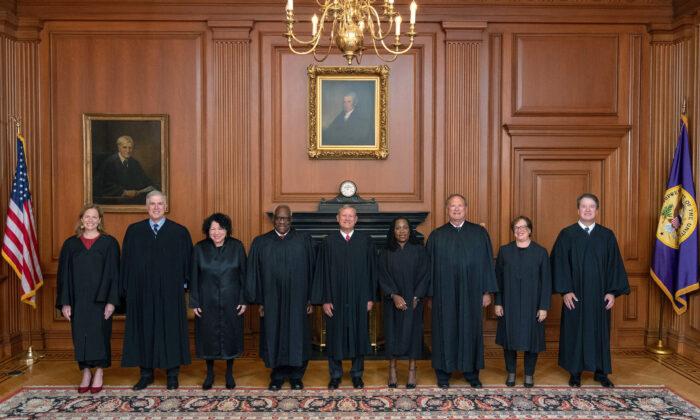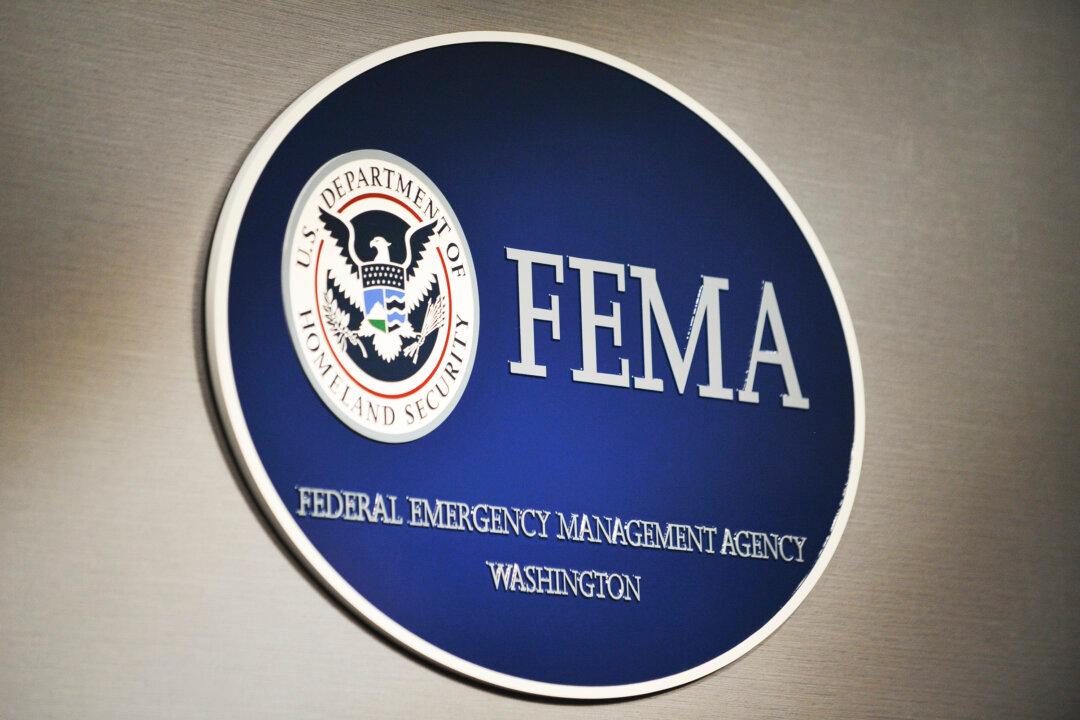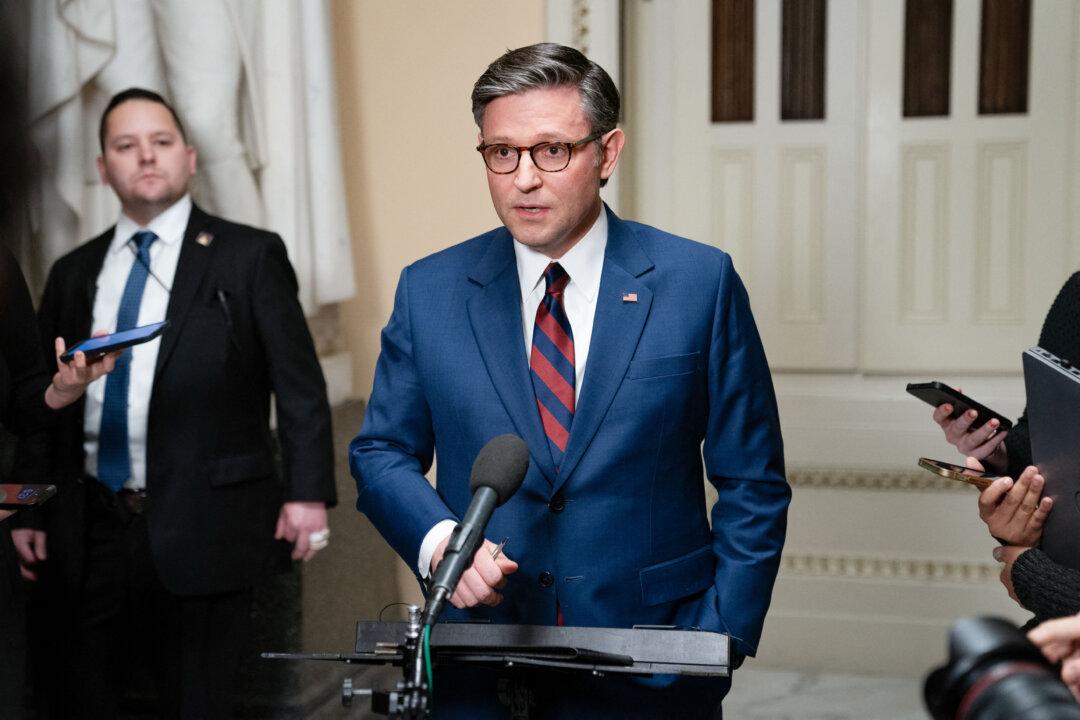The U.S. Supreme Court on Thursday refused to block a class-action legal settlement that would cancel more than $6 billion in debt owned by former students of universities who claimed they were misled about job prospects.
The decision was separate from a case pending before the high court over the legality of President Joe Biden’s plan to cancel $430 billion in student debt for about 40 million borrowers. A ruling in that case is expected by the end of June 2023.
The colleges are challenging the Education Department’s ability to cancel loans, arguing that the “secretary’s claimed authority amounts to nothing less than the power to cancel, en masse, every student loan in the country.”
“Through a collusive, nationwide class settlement of a lawsuit that sought to compel the department merely to restart adjudication of applications for loan cancellation,” lawyers for the colleges argued to the justices, “the department instead has ignored its regulations, foregone adjudication altogether and plans to cancel and refund billions in loans for hundreds of thousands of borrowers.”
Furthermore, the schools claimed that they were injured by the settlement because it hurt their reputations.
“Being publicly branded a presumptive wrongdoer by one’s primary federal regulator based on undisclosed evidence (or no evidence at all)—without any opportunity to defend oneself—seriously damages a school’s reputation and good will,” their lawyers argued.
The San Francisco-based 9th U.S. Circuit Court of Appeals in March also the bid by the three schools to block the settlement from taking effect while their appeal proceeds. Meanwhile, some 20 conservative-leaning U.S. states, led by Ohio, had asked the Supreme Court to grant the request by the schools to pause further loan discharges under the settlement.
The schools have been accused of boosting enrollment through aggressive sales tactics as well as misrepresentations about the quality of their academic offerings, graduates’ career prospects and networking opportunities, according to Eileen Connor, director of litigation at the Project on Predatory Student Lending, a group that represents borrowers involved in the settlement.
In a brief opposing the schools’ request for a stay, Solicitor General Elizabeth B. Prelogar wrote that the schools lacked the standing to object to the Department of Education’s decision.
Biden administration lawyers led by Prelogar further said that even if the schools could “overcome that fatal defect,” they would be unlikely to succeed. The reason why is because the Secretary of Education possesses the “statutory authority to discharge loans based on borrower defenses, by the Secretary’s statutory authority to compromise claims against the Department, and by the Attorney General’s broad authority to settle litigation in which the federal government is a party. ”
Around 78,000 borrowers had already received loan discharges by April 11, the Biden administration told the justices in the court filing earlier this week.
The Epoch Times has contacted lawyers for the three schools for comment.





